Sara McCulloch
-
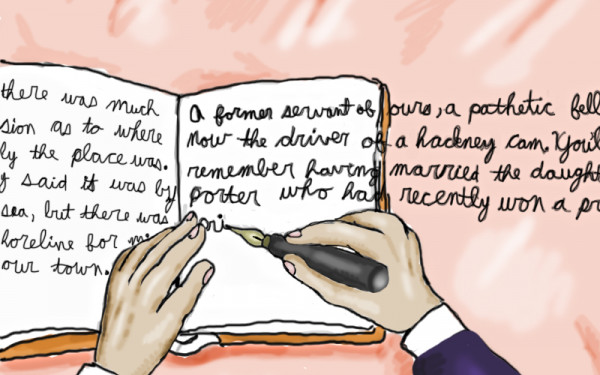 Fringe Arts
Fringe ArtsPreserving Her Semi-Colons
American writer Lydia Davis, in her 2010 Paris Review essay, “The Sins of a Translator,” said, “If a translation is as fine as it can be, it may match the original timelessness, too—it may deserve to endure.” She later states that, “As we translate, it is not our own choice that confronts us, but the choice of another writer, and we must search more consciously for the right words with which to convey it.”
-
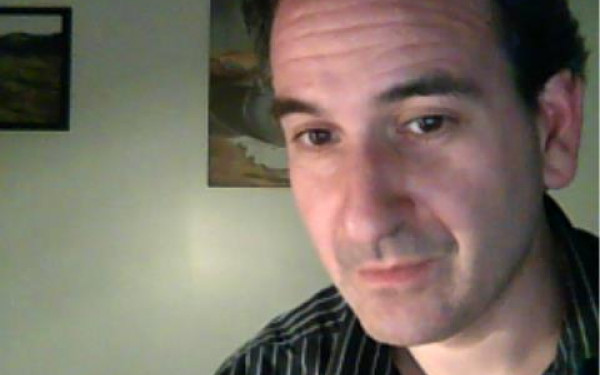 Fringe Arts
Fringe ArtsWords Matter
For most of the interviews I’ve done so far I didn’t really know the people. But I’ve known Paul for four years now and this interview, to be honest, was more of a selfish thing—I just really wanted to know what interested him and why he read so many different things. His comments and critiques, like Long’s, are biting and usually astute. We talked about Long, books, Montreal and other things. For once, though, I asked the questions.
-
 Fringe Arts
Fringe ArtsLocal Lit Havens
October 15 was Independents’ Dayl! If you’re reading this in the Starbucks in Chapters — leave! Support the local guys. Why? They’ll buy your zine on consignment. They’ll let you read to your friends at their store. They serve you tea.
-
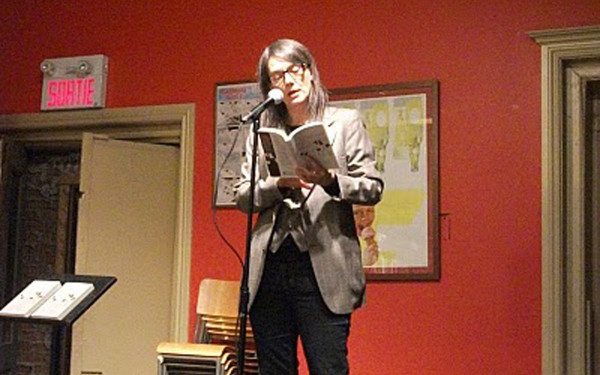 Fringe Arts
Fringe ArtsA Room With Some Views
“I hate going to readings,” said my friend’s roommate. This right before my friend and I walked to hear Sina Queyras read from her first novel, Autobiography of Childhood, at Drawn & Quarterly. He said he didn’t need to know how the writer intended the characters to sound. Fair enough. But most of the time, the audience and the questions that arise after a reading can be worth it.
-
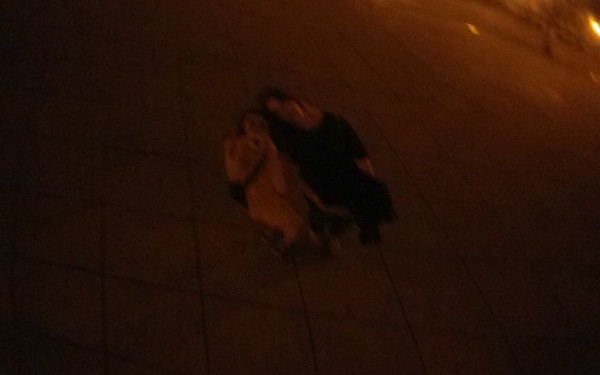 Fringe Arts
Fringe ArtsI’ll Talk, You’ll Fill That Notebook
When I first interviewed Jack Allen, he mentioned Frankie Barnet. He said that she had submitted a story to The Void that was “so provocative it challenged my understanding of what is ‘acceptable.’”
-
 Fringe Arts
Fringe ArtsIt Took Me Years to Write, Will You Take a Look?
A creative writing workshop is usually a writer’s first encounter with a critical audience. It can, at times, be painful to endure (it can feel like a trial, really), but it can also be illuminating because it can be difficult to understand what elements make a short story effective on one’s own.
-
 Fringe Arts
Fringe ArtsI’ll Talk, You’ll Fill That Notebook
There was a professor at my university who was opposed to internships. I understood his perspective to an extent, but I also pointed out that professors’ research assistants don’t make that much money, and students clock in so many unpaid hours in the hopes of finishing a class with an A.
-
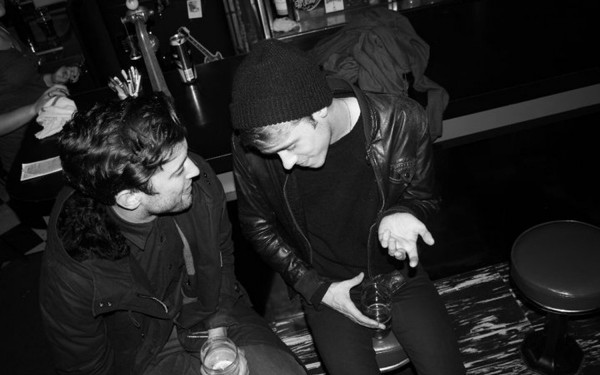 Fringe Arts
Fringe ArtsI’ll Talk, You’ll Fill that Notebook
In the face of a changing publishing industry – e-books, blogs and the rise of self-publishing – writing today is not what it was decades ago.
-
_600_375_90_s_c1.jpeg) Fringe Arts
Fringe ArtsI’ll Talk, You’ll Fill that Notebook
“At a certain point, it becomes difficult to discuss literature. To discuss it is like discussing a garden, in that the comments probably reflect more the taste and preferences of the person looking at the garden than flaws in the garden itself.”
-
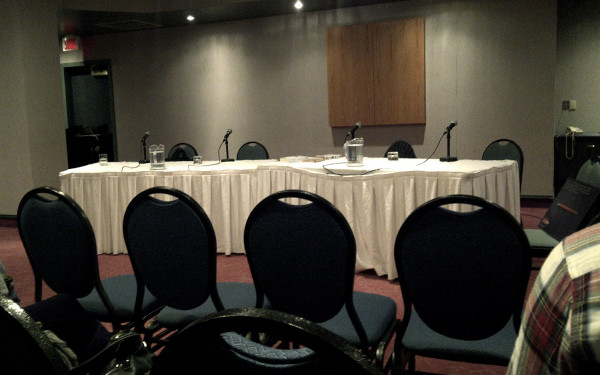 Fringe Arts
Fringe ArtsI’ll Talk, You’ll Fill that Notebook
Whatever your authorial creed, writing can be a painful experience. But it doesn’t stop there: the reception of one’s work can be just as—if not more—unpleasant.
-
 Fringe Arts
Fringe ArtsHow Should a Writer Be?
A Künstlerroman is a novel that traces the development of an artist figure. Ideally, by the time the artist reaches creative potential at the end of the novel, he or she is isolated and living in a world of subjective thoughts and observations. But the ending leaves many of us asking just how this person is going to survive in real time.




